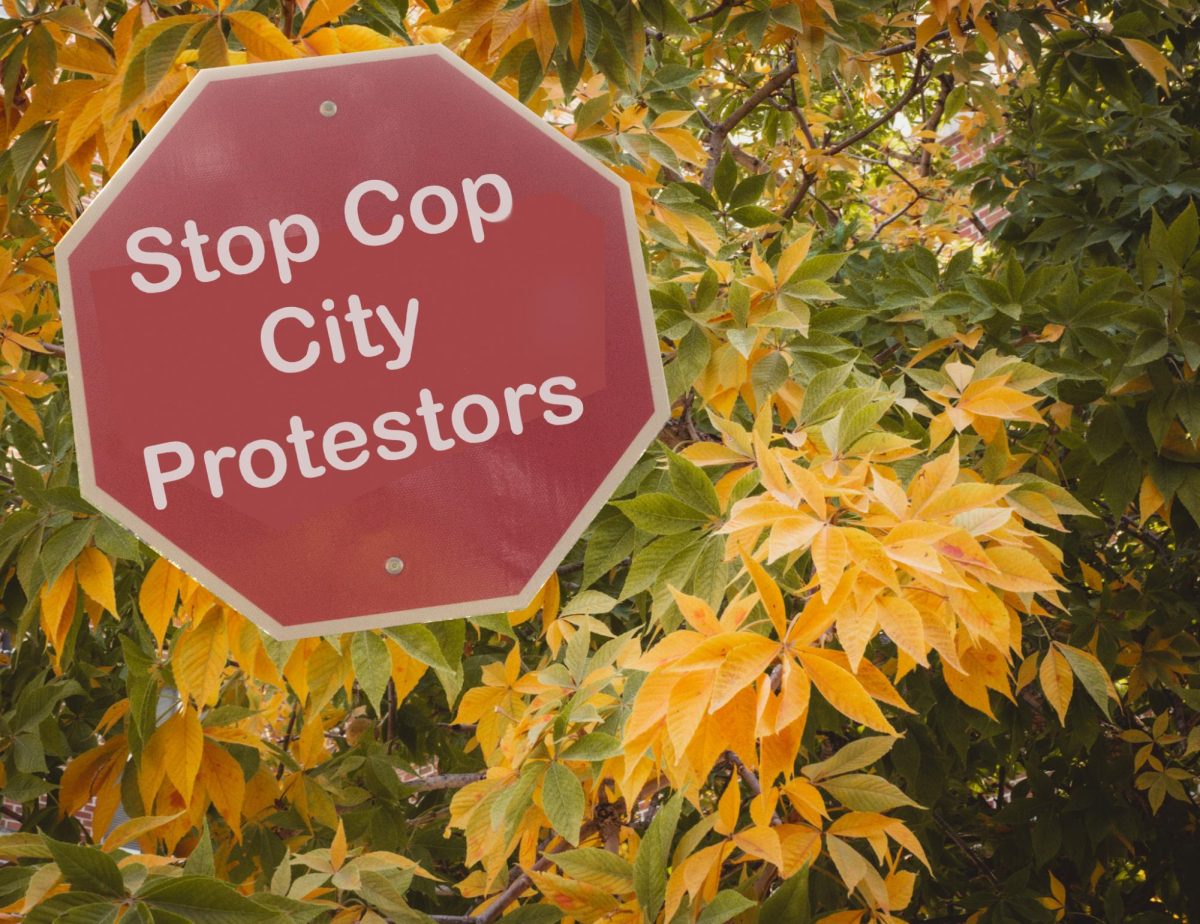As the former President of the United States, Donald Trump, faces four separate indictments, understanding the laws behind his accusations has become critical for the American public. In particular, the allegation that Trump has violated Georgia’s RICO legislation has tremendous implications for this high-profile case, indicting 18 others as “co-conspirators” as well as potentially redefining the legal interpretation of the limits of this law. Trump’s three other indictments are founded on laws that are less controversial than RICO, which is also currently being used against protesters affiliated with the Defend the Atlanta Forest movement. The fact that RICO, originally created to challenge mafia criminal organizations, has such extensive uses of its power, going beyond targeting Trump to targeting peaceful social justice movements, should make you wonder if the current use of RICO itself is a case of legal overreach, regardless of what side of the political spectrum you may fall.
With these current political happenings, it is abundantly clear that RICO’s use and interpretation are of immense importance. But what exactly is RICO? RICO is shorthand for the “Racketeer Influenced and Corrupt Organizations Act” which, at its foundation, targets organized criminal activity and racketeering which can include everything from copyright infringement to murder-for-hire. Essentially, as the Federal Criminal Appeals Law Firm explains on its website, RICO “requires that the leaders of organized crimes be charged and tried with the same criminal acts that they ordered others to perform.” To charge these leaders, the prosecution must “prove that you have committed at least two acts of racketeering activity within a 10-year period” with the second racketeering act having occurred within 10 years of the first racketeering act. In addition, “the acts must also be related in nature by sharing similar purposes, results, participants, victims, or methods of commission.”
Proponents of RICO, such as Fulton County District Attorney Fani Willis who is currently investigating Donald Trump for such criminal activity, argue that RICO’s heavy sentence is a just punishment and RICO itself (as is based on patterns of behavior and more loosely defined in Georgia) may make it easier to charge the defendants than the more traditional fractured summary of accused criminal behavior. CNN quotes Kenneth White, a defense attorney, explaining “Federal RICO is a very big deal. It’s difficult to prove, and it’s used pretty sparingly. Georgia RICO is a different animal. It’s easier to prove.” Essentially, Georgia’s RICO legislation would allow Trump to be charged “of coordinating an effort to thwart proper certification of the state’s 2020 presidential election” as explained by CBS News correspondents, Melissa Quinn and Graham Kates. The Democratic party is capitalizing on Georgia’s expansive interpretation of RICO in the hopes that Trump will be charged with a fourth indictment. Obviously, the Republicans backing Trump are none too pleased with the far-reaching power of RICO as it is being used in that context.
However, RICO is also being used by Republicans in Georgia who are also seeking to capitalize on its expansive powers to convict the protesters in the “Stop Cop City” movement, officially known as the Defend the Atlanta Forest movement which aims to stop the destruction of forests to build what would be the largest police training facility in the nation. Natasha Lennard of “The Intercept” states that “RICO indictment paints the decentralized and diverse movement as a criminal enterprise, citing social justice activities such as “mutual aid,” writing “zines,” and “collectivism” as proof of criminal conspiracy. Dozens of people named in the indictment also face malicious state domestic terrorism charges, based on flimsy grounds.” This is not the first time RICO has been used against environmentalists and working-class people as Sasha Chavkin notes that large corporations, such as the oil giant Chevon, have used them to target the attorneys investigating them. Chavkin of “The Intercept” cites Evan Mascagni who said, “The RICO strategy threatens to overwhelm the legal system by allowing deep-pocketed companies to deploy endless resources to silence critics and defy judgments against them. I think if we accept this as a society, as a country, we’re saying we’re going to give incredibly powerful multinational corporations the ability to hijack our legal system.”
RICO’s versatility, as illustrated by its targeting of two very different movements, is quite clearly a double-edged sword with its irresponsibly loose definitions, heavy punishments, and use as a tool of oppression and/or silencing. As Representative Abner J. Mivka explains, “[W]hatever [RICO’s] motives to begin with, we will end up with cases involving all kinds of things not intended to be covered and a potpourri of language by which you can parade all kinds of horrible examples of overreach.” It seems clear that if one allows the full extent of RICO’s power when it comes to their political rivals, it may be used against them, whichever side they may find themself on. We must not forget that there are alternatives to this blunt tool. With these current issues, it is more relevant than ever to think of more than short-term political benefits and ask if RICO is worth its future misuse.
Kira Symington is a Dakota Student Section Editor. She can be reached at [email protected].














